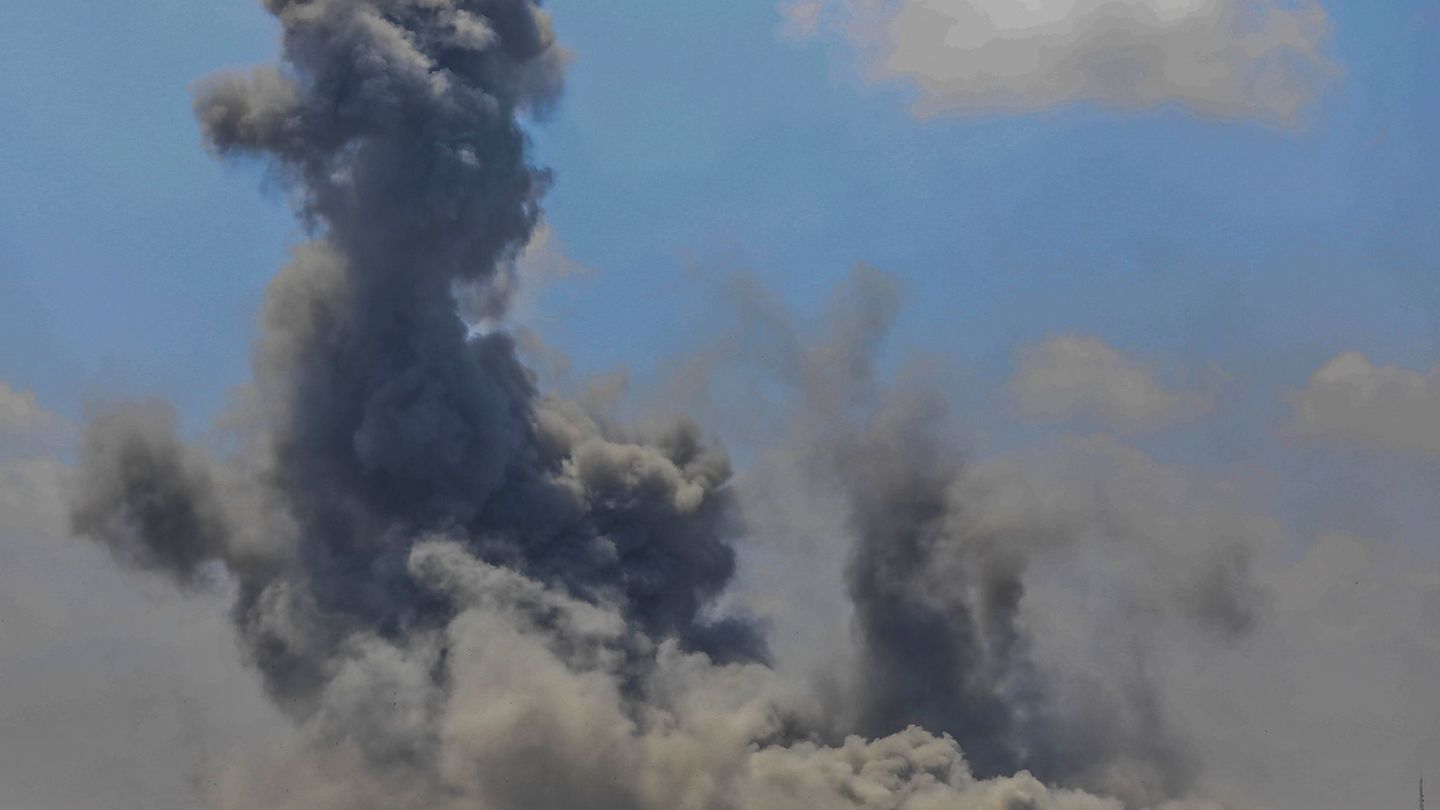I have been working in the news industry for over 6 years, first as a reporter and now as an editor. I have covered politics extensively, and my work has appeared in major newspapers and online news outlets around the world. In addition to my writing, I also contribute regularly to 24 Hours World.
Menu
Location at a glance: Israel decides to expand the attacks in the Gaza Strip
Categories
Most Read
Hamas hands over bodies of more hostages to Red Cross
October 15, 2025
No Comments
Trump administration captured: Court stops shutdown mass layoffs
October 15, 2025
No Comments
Gaza deal: Hamas hands over two more bodies of hostages
October 15, 2025
No Comments
Budget dispute: Court stops Trump administration’s “shutdown” job cuts
October 15, 2025
No Comments
Criticism of Israel: Strikes and demonstrations in Spain against Israel over Gaza
October 15, 2025
No Comments
Latest Posts

Autobiography: Britney Spears’ ex-husband raises alarm in memoir
October 16, 2025
No Comments
Lisa HarrisI am an author and journalist who has worked in the entertainment industry for over a decade. I currently work as a news editor

Forget about boring exercises: effective and dynamic training for older adults
October 16, 2025
No Comments
October 15, 2025 – 9:30 p.m. A fun and recreational activity that also serves to work all the muscles of the body at the same

New Russian attacks on Ukrainian power plants cause massive power outages
October 15, 2025
No Comments
October 15, 2025 – 20:48 The bombings occurred between Tuesday night and early Wednesday morning. Russia again attacked electrical infrastructure in Ukraine and forced emergency
24 Hours Worlds is a comprehensive source of instant world current affairs, offering up-to-the-minute coverage of breaking news and events from around the globe. With a team of experienced journalists and experts on hand 24/7.

